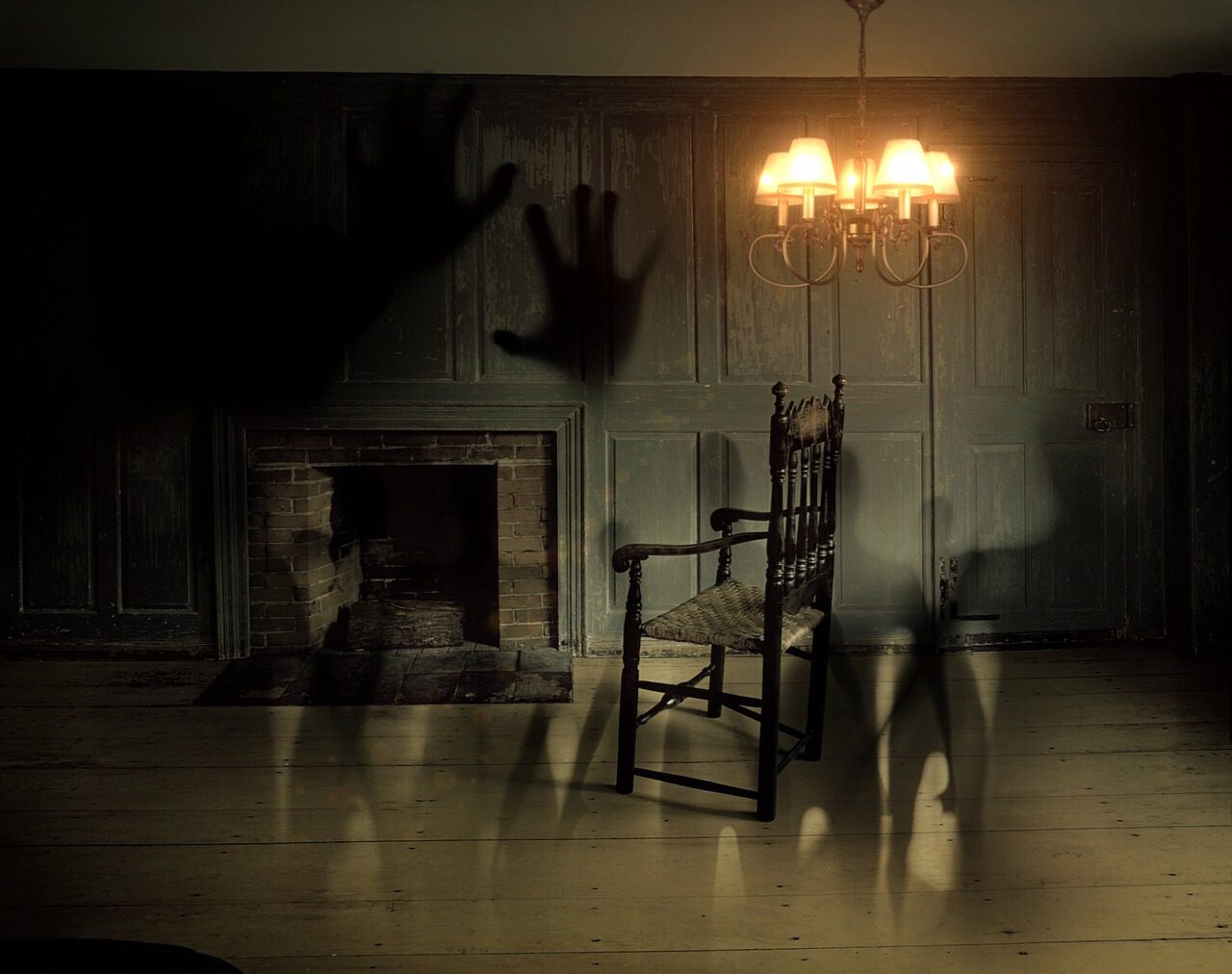Generation X: A Study in Room Escape Taxonomy.
Earlier this year I had the pleasure of sitting on the “Future of the Escape Room Industry” panel discussion at the first Chicago Room Escape Conference. The panel was moderated by Shawn Fishstein of Escape Games Canada, who gave an important interview with Room Escape Artist that I will be referencing at the end of this post.
Bill I swear if I see another 1960s tape drive puzzle I’m going to lose it.
One of the first questions of the panel asked us to define the “generations” of rooms. I.e. What makes a generation 1 room versus a generation 2 room versus a generation 3 room versus… etc.
As a thought leader (Puzzle Break is the first contemporary American room escape company), I have an enormously strong opinion on this, and I accordingly lept on the microphone and launched into my tirade, which I will paraphrase for you now:
For the most part, trying to apply any generational classification to room escape experiences is an exercise in futility and nonsense. Further, anyone who claims authoritatively to have a definition for Gen3+ is a bit of a charlatan and they are not to be trusted.
My argument for this is simple, and boils down to three fundamental points:
-
Having a universally accepted taxonomy for generation classifications requires meaningful consensus. Put differently: A large majority of experts must agree on definitions. And we don’t have this. Ask 25 room escape experts to define a Generation 4 room and you’re going to get 25 different responses.
-
Meaningful & useful taxonomy must have objective definitions. How do you classify an experience with 37 rudimentary technology pieces versus an experience with 1 bleeding edge technology piece? How can we even define “technology”, let alone “rudimentary” or “bleeding edge?” The amount of subjectivity here is staggering, and until it can be fully wrangled, there can be no objective definitions.
-
The contemporary room escape industry is less than 4(ish) years old. The idea that we’re already seeing “Generation 4” rooms is nonsense. Where are we going to be in 2020? 2025? “Oh I won’t go to any room under generation 17, it’s 18 and up for me thanks.” Of course not.
Related problems: Does “generation” speak strictly to technology? What about story? Fit & finish? Flow? Can there be a universal nomenclature controlling for all these parameters? I think not.
Much content defies classification. Also logic.
Now, a couple points of order:
I do think we have a pretty universal consensus and objective definition of a “Gen1” room. These are rooms with little/no technology, little in the way of story, and generally pretty low polish. It is only once we go beyond Gen1 that we reach murky waters. IMPORTANT: This is no commentary on the quality of the experience. Some of the most entertaining room escapes out there are firmly Gen1.
Back to the CREC panel discussion. After going on a tirade railing against generation definitions, Shawn took the mic and explained his positions in the Room Escape Artist post. You see, Shawn sells technology solutions to room escape companies. For his business, it is vitally important his clients are able to troubleshoot and maintain their purchases. And to that end, it was useful to create a classification system for his business to ensure folks were buying to the right level of technology. This is totally righteous. Unfortunately, the industry at large took those definitions out of context and a monster was born.
In sum, we’ve got Gen1 rooms, we’ve got rooms beyond Gen1, and spending mental cycles trying to firmly and meaningfully classify experiences beyond that isn’t possible at this stage.
-Nate
Tags:
Want to get blog updates ( and only blog updates )?




Recent posts






Cruise Taker’s Guide to Turks and Caicos: What to do on the Ship and on the Island







